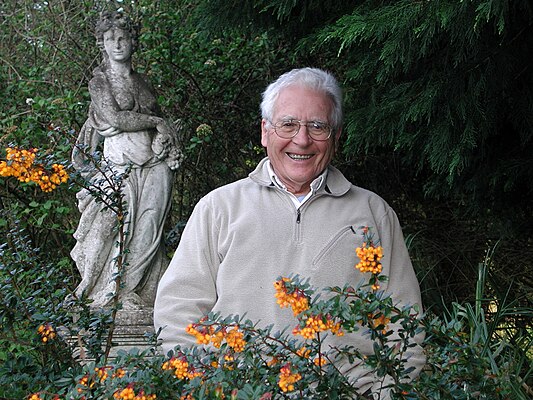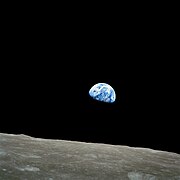User:Grian/Sandbox
From WikiEducator
Contents
Practice
Introduction
- Overview of approaches and summary
Part I: The Emergence of Gaia
Chapter 1: System Failure and Catagenesis
- State of the world
- Documents
- Brundtland Report, UNDP 2014, Worldwatch Institute
- Documents
- Summary of Homer-Dixon's approach
- Breakdown, collapse or catagenesis[1]
Homer-Dixon puts the critical point of the process that can lead us to a civilizational failure in our "turbulent" relationship with nature, because it is from there that is largely arising the strength of stressors. In fact, he even says in an interesting quote that the 21st century will be the Age of Nature; but, for this, probably we will have to learn the hard ways.[1] This leads us to a large cultural change that takes us from anthropocentris to ecocentrism. And that points to a paradigm shift, a worldview change, an "ontological change," as said Naess,[2] that allows us to see the world differently.
Chapter 2: From Gaia to Pandora
- The importance of narrative
- The narrative construction of reality[3]
- Isaac Asimov's Gaia (1982)File:Isaac Asimov on Throne-crop.pngIsaac Asimov anticipated in his novel Foundation's Edge a vision of the Organic Gaia Theory
- The Foundation Trilogy
- Foundation's Edge: Gaia
- Cameron's Pandora (2009)
- Revisiting the Gaia from Asimov
- Worldwide impact
- Reasons and hints
- Messages from the collective unconscious
- Carl G. Jung: collective unconscious and archetypes
Chapter 3: Gaia Theory
- Beginnings
- 1968: Apollo VIII and the picture of the Earth
- 1969: Lovelock devises the Gaia Theory
- Humans and wild life
- Gaia Theory: Lovelock and Margulis (1979-1985)
- The Organic Gaia Theory debate
- The approach of Elisabet Sahtouris: Earthdance
References
- ↑ 1.0 1.1 Homer-Dixon, Thomas (2006). The Upside of Down: Catastrophe, Creativity, and the Renewal of Civilization. Toronto: Alfred A. Knopf Canada
- ↑ Naess, Arne (1989). Ecology, Community and Lifestyle: Outline of an Ecosophy. Cambridge, UK: Cambridge University Press
- ↑ Bruner, Jerome (1991). The narrative construction of reality. Critical Inquiry, 18(1), 1-21

